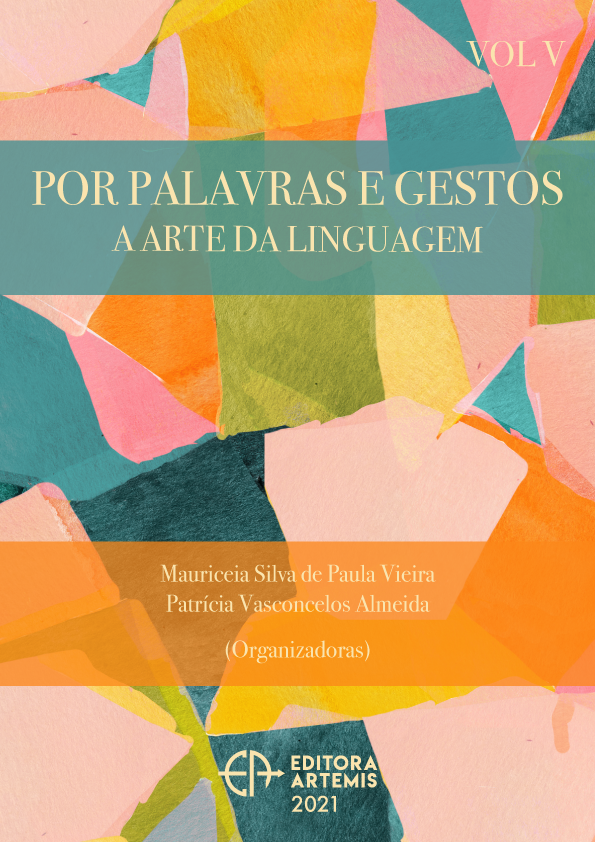
REFLEXÕES HISTÓRICAS E RELIGIOSAS DE LITERATURA E CELIBATO A PARTIR DE “O CRIME DO PADRE AMARO” DE EÇA DE QUEIRÓS
Este trabalho de conclusão de curso está ancorado nos resultados de uma pesquisa de caráter bibliográfica que tem como objetivo apresentar uma reflexão histórica e religiosa do celibato, pautado na obra O crime do Padre Amaro, de Eça de Queirós. Trata-se de uma pesquisa de unidades canônicas, bíblicas e científicas sobre o celibato católico, dentre os quais se destaca o Código de Direto Canônico e seus ensinamentos no que tange a temática supracitada. Além disso, efetuou-se uma pesquisa no intuito de investigar e oferecer noções sobre Literatura e Romance em contato com a esfera religiosa. Há que se considerar, também, as estéticas do Realismo-Naturalismo em Portugal no século XIX e apresentar suas características, fazendo uma análise da problemática do espaço na obra em questão. Com base nas concepções norteadoras do celibato religioso, uma investigação acerca da perversidade em padre Amaro Vieira em virtude da moral católica. Embora a sexualidade seja um tema nobre, veremos de que forma Amaro se torna desobediente às leis do catolicismo, fazendo um contraposto com as doutrinas da instituição Igreja Católica. Nesse cenário, Eça denuncia a hipocrisia portuguesa e religiosa a partir de uma análise da conjuntura social e psicológica do personagem principal, padre Amaro Vieira. Em sua obra, aponta com perspicácia a realidade de uma sociedade que estava em profunda crise.
REFLEXÕES HISTÓRICAS E RELIGIOSAS DE LITERATURA E CELIBATO A PARTIR DE “O CRIME DO PADRE AMARO” DE EÇA DE QUEIRÓS
-
DOI: 10.37572/EdArt_1608214399
-
Palavras-chave: Literatura. Crime do Padre Amaro. Código de Direto Canônico. Celibato.
-
Keywords: Literature. Crime of Father Amaro. Code of Canon Law. Celibacy.
-
Abstract:
This concluding work is anchored in the results of a bibliographical research that aims to present a historical and religious reflection of celibacy, based on the Eça de Queirós work The Crime of Father Amaro. It is a research of canonical, biblical and scientific units on Catholic celibacy, among which the Code of Canon Law and its teachings regarding the above mentioned theme stand out. In addition, a research has been carried out in order to investigate and offer notions of Literature and Romance in contact with the religious sphere. The aesthetics of Realism-Naturalism in Portugal in the 19th century should also be considered and its characteristics presented, making an analysis of the problematic of space in the work and question. Based on the guiding conceptions of religious celibacy, an investigation into the perversity of Father Amaro Vieira by virtue of Catholic morality will be presented. Although sexuality is a noble theme, we will see how Amaro becomes disobedient to the laws of Catholicism, making a contrast with the doctrines of the Catholic Church institution. In this scenario, Eça denounces Portuguese and religious hypocrisy based on an analysis of the social and psychological situation of the main character, Father Amaro Vieira. In his work, he points out with insight the reality of a society that was in deep crisis. Celibacy is a controversial issue and difficult to understand for many Christians because of its implications in the life of the pries.
-
Número de páginas: 15
- Diego Lopes dos Santos

